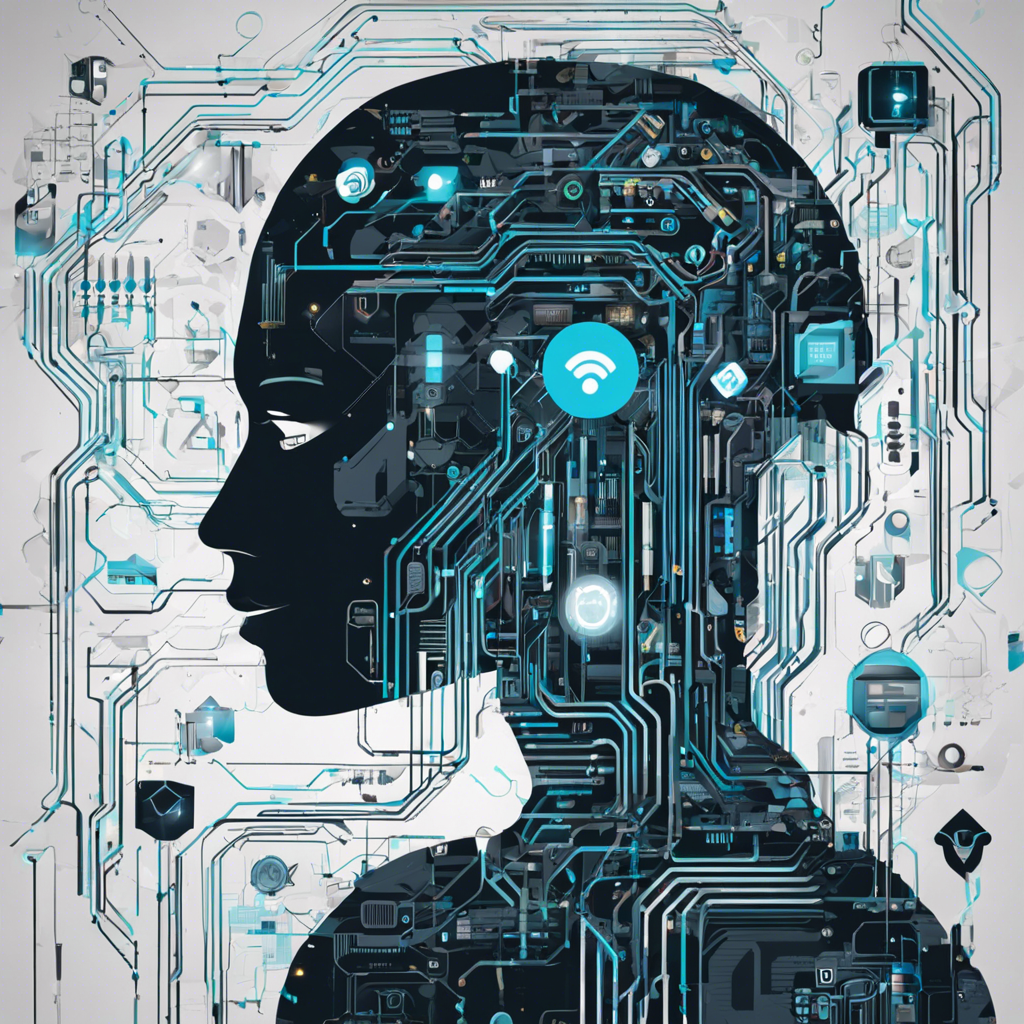The world of artificial intelligence (AI) is rapidly evolving, and the advancements we’ve witnessed in recent years are nothing short of remarkable. AI has already transformed numerous industries, from healthcare and finance to transportation and entertainment. But what does the future hold for this groundbreaking technology?
AI is expected to become even more integrated into our daily lives. One of the most significant developments will be the increased use of AI in automation. Machines will be able to learn and adapt to their environments, making them capable of performing complex tasks with little to no human intervention. This has the potential to revolutionize industries such as manufacturing, where automated systems can increase efficiency and reduce costs. Additionally, autonomous vehicles, which rely on AI to navigate and make decisions, will likely become more prevalent, changing the way we travel and transport goods.
Another area of growth is AI’s ability to process and interpret data. Deep learning algorithms will enable machines to understand and extract valuable insights from vast amounts of information. This will have significant benefits for fields such as medicine, where AI can assist in diagnosing diseases, developing personalized treatments, and improving patient care. Natural language processing, which allows machines to understand and generate human language, will also continue to advance, leading to more sophisticated virtual assistants and improved human-computer interactions.
The ethical considerations surrounding AI will also come to the forefront. As AI becomes more powerful, there will be a greater emphasis on ensuring its responsible use. Issues such as privacy, bias, and transparency will need to be addressed to gain and maintain public trust. Explainable AI, which provides insight into how decisions are made, and fair and unbiased data practices will become essential to ensuring ethical AI development and deployment.
Furthermore, the creative capabilities of AI will expand. AI will enhance and support human creativity in areas such as art, music, and writing. Generative design, where AI generates unique designs based on inputted parameters, will also grow, impacting fields from architecture to fashion. This fusion of human imagination and machine intelligence will lead to unprecedented innovations and artistic endeavors.
AI’s potential to improve our lives is vast, and we can expect to see breakthroughs in areas such as education, with personalized learning experiences, and environmental sustainability, with optimized energy usage and resource management. The future of AI is full of possibilities, and its impact will be felt across all aspects of our lives.
However, it is essential to approach this future responsibly. The potential drawbacks and risks of AI cannot be ignored. As we integrate AI further into our lives, we must address concerns around data privacy and ethical implications. Ensuring that the benefits of AI are distributed equally and fairly across society is also crucial. These challenges require careful consideration and collaboration between policymakers, researchers, and the public to develop ethical guidelines and regulations that govern the development and use of AI technologies.
The future of AI is bright, and its potential is limitless. The advancements and applications we can expect in the coming years will continue to shape our world and improve our lives in ways we can only begin to imagine. Yet, we must also remember that with great power comes great responsibility. AI has the potential to do much good, but it is up to us to ensure that its power is used ethically and for the benefit of all.
Overall, the future of AI promises exciting developments and innovations that will transform our world and enhance our lives in ways we have yet to fully realize.

